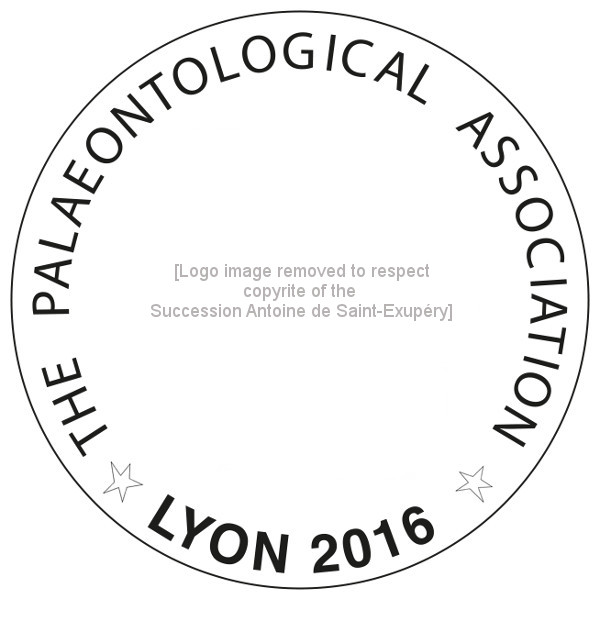The Annual Address will be given on Thursday 15th December.
Molecular thermometers: ancestral sequence reconstruction uncovers the history of adaptation to environmental temperature along the tree of life
Manolo Gouy
Laboratoire de Biométrie et Biologie Evolutive, CNRS - Université de Lyon, France
It has recently been recognized that the effects of environmental temperature on ancestral organisms have left genetic footprints that can be uncovered in extant genomes. These effects allow us to define “molecular thermometers” that relate ancestral environmental temperatures to the composition of ancestral molecules in nucleotides and amino acids. The accuracy of the reconstruction of ancestral molecular compositions is therefore crucial for an effective application of molecular thermometers. Recent progress in the definition of probabilistic models of the evolutionary process has improved the biological realism of these models by accounting for the variation of patterns of molecular evolution among lineages. These new non-homogeneous methods allow us to reconstruct ancestral molecular compositions more accurately than traditional homogeneous methods. Analyses of genomic data using these tools allow attempts to reconstruct the evolutionary history of the adaptation to environmental temperatures at the scale of the tree of life. The evidence supports a mesophilic lifestyle for LUCA, the last universal common ancestor, but hyperthermophilic lifestyles for LBCA and LACA, the last common ancestors of the bacterial and archaeal domains, respectively.

